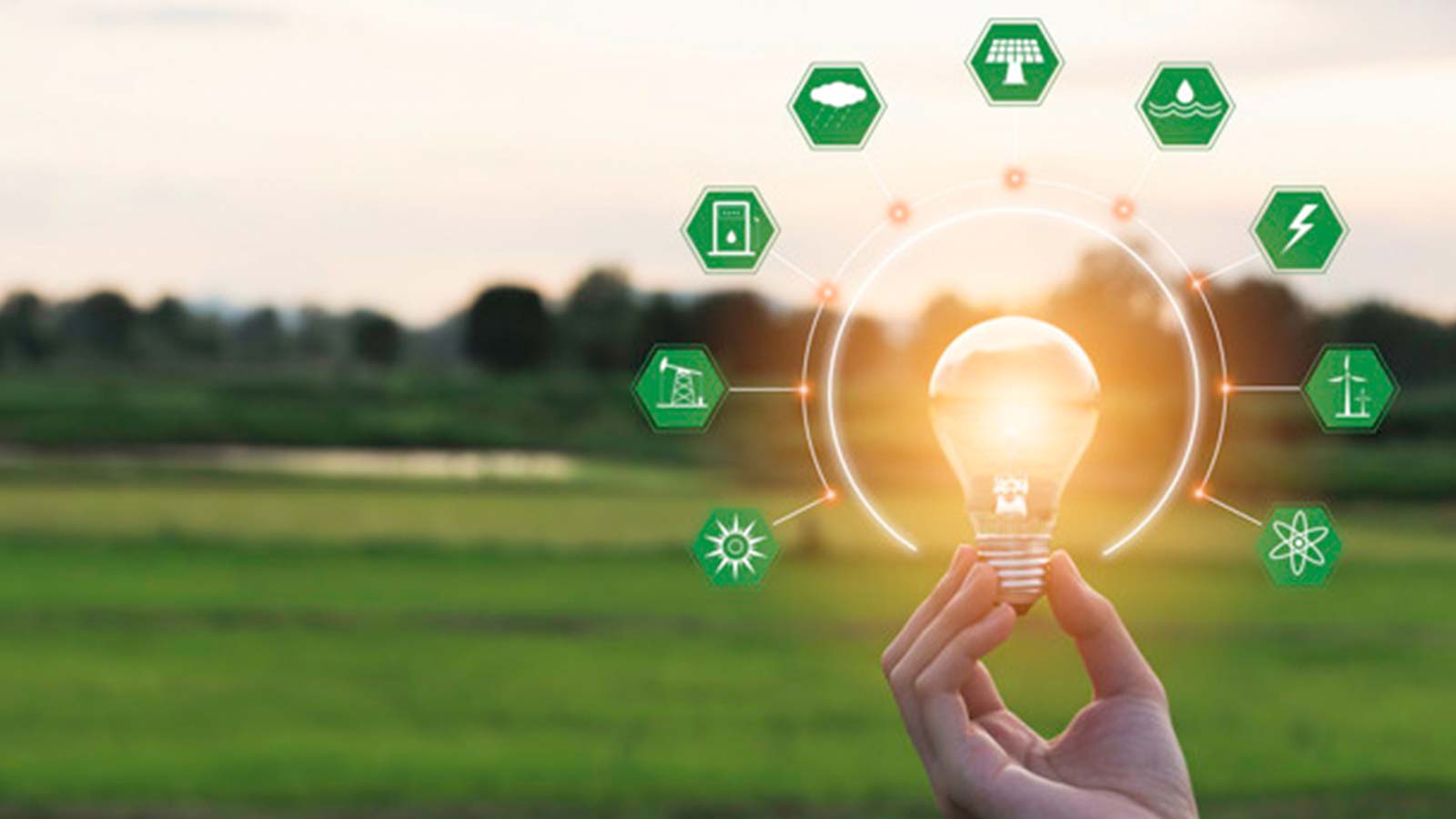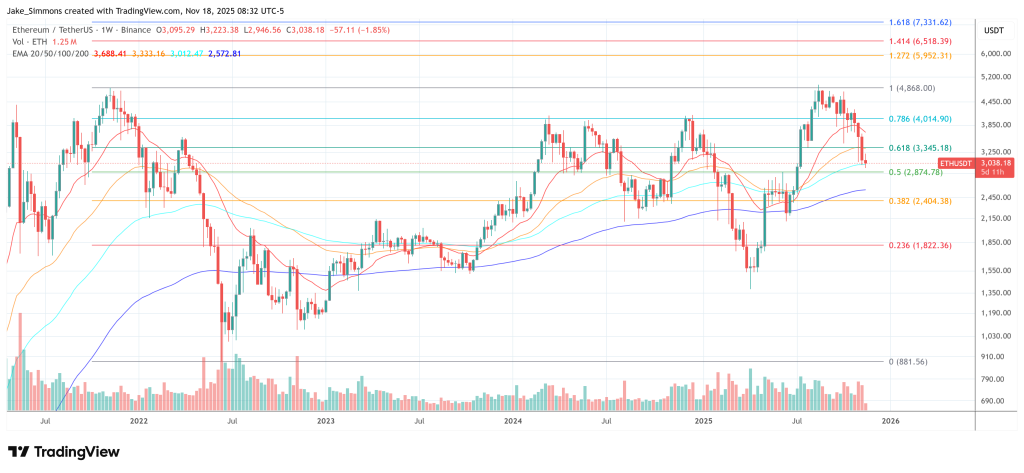Breakthrough in Sustainability-Focused Micro-Models
Sustain360°™ and NeuralFabric Announce the World’s First Sustainability-Focused Micro-Models
Pioneering Technology in Environmental Sustainability
Sustain360°™, a leader in automating Scope 3 Carbon Emissions with generative AI, has collaborated with NeuralFabric to develop groundbreaking Micro-Models focused on Sustainability. This innovative technology enables enterprises to reduce Scope 3 carbon emissions effectively.
About Sustain360°™ and NeuralFabric
Also Read: Security Compass Expands Industry Leading AI Security Content and Introduces AI-Powered Navigator Beta
The Sustain360°™ Micro-Model
The Sustain360°™ micro-model is a first-of-its-kind in the world that allows Enterprises to run generative AI models at a significantly lower cost. This is achieved by using smaller data sets and minimizing the use of computing resources.
The Sustain360°™ micro-model is a first of its kind in the world that allows Enterprises to run generative AI models at a significantly lower cost because they require smaller data sets and minimize the use of computing resources.
The micro-model processed over 67.5 billion tokens from multiple domains such as physics, engineering, environment, etc., to create the 1.5 billion parameter model. The model was fine-tuned to specific environmentally focused scenarios.
Key Benefits of Micro-Models
- Move Away from Generalist to Specific: Utilizing smaller domain-specific datasets and sophisticated algorithms to understand environmental data & regulations with high precision.
- Data Sovereignty: Allowing Enterprises to maintain control over their data, providing security, privacy, and compliance.
- Infrastructure Costs: Lower cloud computing costs by using less compute resources.
- Scalability and Accessibility: Easily deploy compact micro-models on a variety of infrastructure platforms.
CEO and Co-Founder Comments
“Our technology partnership with NeuralFabric to create a sustainability-focused micro-model finally allows Enterprises to tackle Scope 3 carbon emissions at an affordable price and contribute to the greater good of our planet. This is in contrast to the current approach of large language models that can cost upwards of $100m to develop.” said Drew Gude, CRO & Co-Founder – NeuralFabric, said “We are grateful for our partnership with Sustain360°™ and to co-create a pioneering generative AI model, showcasing how domain-specific micro-models trained from scratch in combination with business outcomes can further the mission to net-zero.”
Clients’ Perspective
“This is another groundbreaking development from the Sustain360°™ & NeuralFabric teams who continue to lead the way in innovative climate tech and generative AI solutions,” said Sustain360°™’s client, Dr. Samer, Chairman, BFG International.
Conclusion
The Sustain360°™ micro-model is a revolutionary technology that has the potential to significantly reduce Scope 3 carbon emissions. By leveraging smaller data sets and sophisticated algorithms, enterprises can deploy these micro-models at a lower cost and with greater precision. This partnership between Sustain360°™ and NeuralFabric marks a significant milestone in the journey towards environmental sustainability.
FAQs
Q: What is the purpose of the Sustain360°™ micro-model?
A: The purpose of the Sustain360°™ micro-model is to help enterprises reduce Scope 3 carbon emissions by using smaller data sets and sophisticated algorithms to understand environmental data & regulations with high precision.
Q: What is the cost of developing large language models?
A: Large language models can cost upwards of $100m to develop, whereas the Sustain360°™ micro-model is more affordable.
Q: How does the Sustain360°™ micro-model benefit enterprises?
A: The Sustain360°™ micro-model benefits enterprises by providing data sovereignty, infrastructure cost savings, scalability, and accessibility, enabling them to tackle Scope 3 carbon emissions at an affordable price.
Q: Who has collaborated on this project?
A: Sustain360°™ and NeuralFabric have collaborated on this project to develop the groundbreaking Micro-Models focused on Sustainability.









